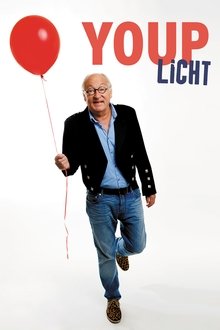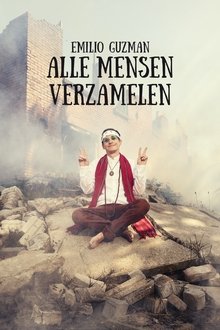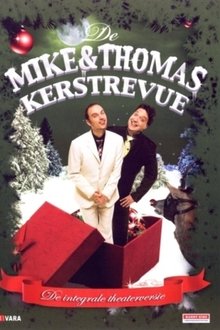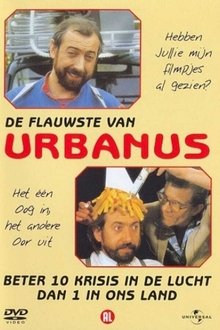In his third theatre program the Dutch comedian Hans Teeuwen plays with empty wine bottles, little girls and himself. Poetic, absurd, false and genuine.
Related Movies
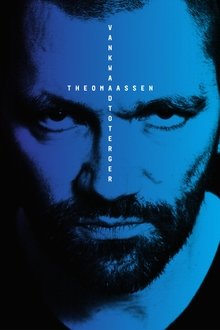
Theo Maassen: Vankwaadtoterger (2017)
Theo Maassen is back. In all its anger, indignation, amazement about so much stupidity and lack of empathy in society, and advocates understanding and reconciliation.
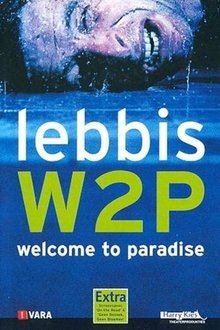
Lebbis: W2P (2005)
Registration of the fourth solo program by the Dutch comedian Hans Sibbel, in which the comedian takes a look at the evolution.
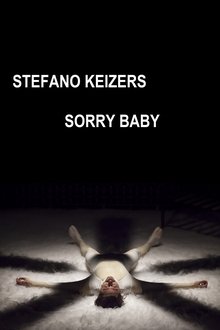
Stefano Keizers: Sorry Baby (2021)
Video registration of the second comedy special by the Dutch comedian Stefano Keizers. In Keizers' own words, 'Sorry Baby' is 'an art performance that tries to approach a regular comedy special as closely as possible'.
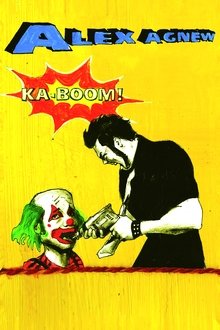
Alex Agnew: Ka-Boom! (2006)
Back in 2003, Alex Agnew was the first Belgian to win the prestigious 'Leids Cabaret Festival' in The Netherlands. He was the winner in both categories: Jury and public. Alex is a mixture of an English father, Belgian mother, an overdoses (action) movies, superheroes, comic books and a lot of music. No quiet, sophisticated humour, but proud to be loud! Rock'n'Roll comedy!
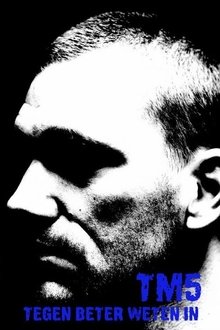
Theo Maassen: Tegen beter weten in (2006)
Maassen won two of the biggest comedy contests in the Netherlands in 1990, the Groninger Studenten Cabaret Festival(GSCF), and Cameretten. The GSCF jury was not pleased with the quality of the contestants that year, and gave Maassen the first prize, remarking he was the best of the year, but still not very good. In the following years, however, Maassen fame grew steadily, especially amongst students. Maassens style was based on stand-up comedy: Alone on stage, telling jokes and stories to amuse the public, without any musical support (a thing common for most Dutch comedians up to that point). Since 2000, Maassens shows are shown on Dutch national television, making him more and more a household name.
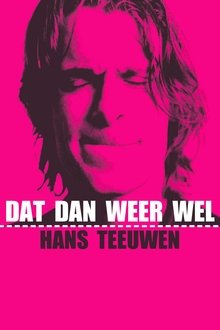
Hans Teeuwen: Dat dan weer wel (2002)
Mind you is the fourth theater of the Dutch comedian Hans Teeuwen. He performed the show in 2001. The last show was filmed in 2002 and aired on television, the same year that the show on CD and DVD published. It's Teeuwen's most famous and most frequently quoted show. He takes everything on the heel, including racism, blacks, world religions, AIDS patients, women, Jostiband and the Queen of the Netherlands.
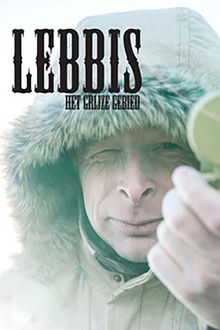
Lebbis: Het Grijze Gebied (2014)
In his eighth show the Dutch comedian Hans Sibbel aka Lebbis looks for the interest that people have in their clarity and truth, and then kicks dents in it. Show recorded in the open air in the summer of 2013.
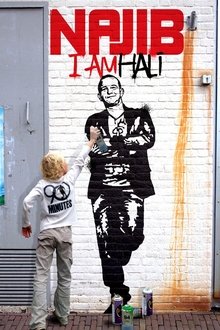
Najib Amhali: I Amhali (2016)
Registration of the theater show 'I Amhali' by Najib Amhali. Najib itself is central to this spectacular show full of music. He knows better than anyone that happiness is in the small things. He is happily married and just the father of a second son. But do these great milestones in his life also make him more mature? Not according to his wife, because she is sometimes stuck with three children! The band PlusSupportAct provides the musical accompaniment during this performance.
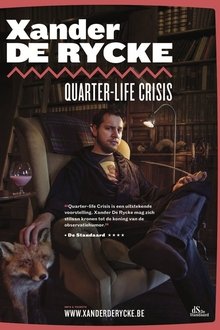
Xander De Rycke: Quarter-Life Crisis (2019)
Ten years, three theater shows, and a best-of show later. A decade has flown by, and his thirtieth birthday is slowly creeping closer. But has Xander De Rycke learned anything over the past few years? Has he actually grown up, or does he just think he has? Flanders' best observational comedian is back and ready for the next step. With a head full of twists and turns, a bunch of colorful references, and an eye on the future, Xander De Rycke is back with "Quarter-Life Crisis." A show with relatable moments about life. Or at least a quarter of it.
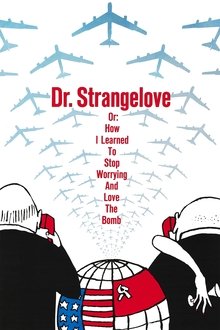
Dr. Strangelove or: How I Learned to Stop Worrying and Love the Bomb (1964)
After the insane General Jack D. Ripper initiates a nuclear strike on the Soviet Union, a war room full of politicians, generals and a Russian diplomat all frantically try to stop it.
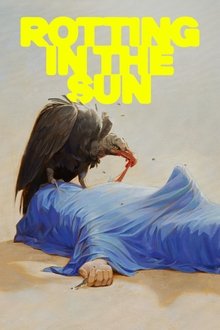
Rotting in the Sun (2023)
A filmmaker facing an existential crisis goes on a vacation to a Mexican gay nudist beach, where he meets a social media celebrity who convinces him to collaborate with him on his new TV show. But one disappears and another embarks on a wild journey through Mexico City to find him.

Southland Tales (2007)
Set in the futuristic landscape of Los Angeles on July 4, 2008, as it stands on the brink of social, economic and environmental disaster. Boxer Santaros is an action star who's stricken with amnesia. His life intertwines with Krysta Now, an adult film star developing her own reality television project, and Ronald Taverner, a Hermosa Beach police officer who holds the key to a vast conspiracy.
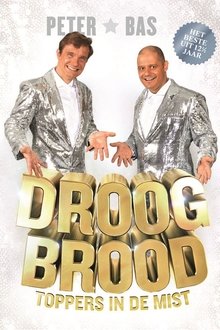
Droog Brood: Toppers in de Mist (2013)
In September 2013, it was exactly 12½ years ago that Bas Hoeflaak and Peter van de Witte launched their first full-length theater show 'Teer' under the name Droog Brood. The very best from six theater programs will be collected and forged into a magnificent and classic theater evening. Includes intermission and show trap. It will be fun. For the gentlemen of Droog Brood – who have finally found a reason to perform precious scenes one more time (there is talk of itchy fingers) – but of course also for the audience, who will be presented with an evening of hilarious highlights and will be able to enjoy themselves immerse yourself in a warm atmosphere of sweet melancholy. In short: the ladyfingers have been bought, the Smurfs have been called and Soekeloekie has pulled his proverbial nose out of the grease to frequently put it around the corner.
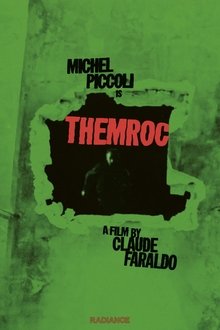
Themroc (1973)
Themroc, a bachelor house painter living at home with his mother, leads a sad and colorless life. One day, after a run-in with his boss, he rebels. He wrecks his apartment, rejects every facet of bourgeois life, and begins acting like an urban, modern-day Neanderthal.
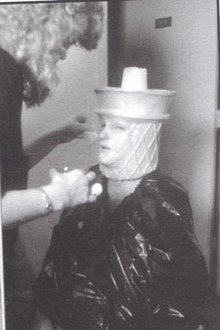
Swirlee (1989)
Tells the story of Mr. Softee, a mutant hybrid with an ice cream cone for a head, who was the victim of the anti-miscarriage drug "Nodroppinum" which changed the pregnant mother's child into whatever food she craved at the time (a parody of the Thyladimide scandal from the 60s.) Softee was the head of an ice cream company, until he was forced out of business by the artificial ice cream mafia, led by Don Tofutti.
